Traditionally, today is Laetare Sunday – laetare being the Latin word for “rejoice.” On this Sunday, we wear rose-colored vestments, rather than the Lenten violet. Laetare Sunday reminds us that even in the “heaviness” of Lent, there is reason for rejoicing. And today’s readings do deal with some heavy topics, but clearly and always through the lens of rejoicing in God’s mercy. So that’s how I would like to look at today’s Liturgy: what in the world gives us cause to rejoice today, here and now, in our own lives?
Because, the last year that we have all endured together saw so many terrible things, most especially the pandemic that has affected, one way or another, almost everything in our lives, and still does. Add to that racial injustice, social unrest, political rancor, and the proliferation of crime and terror and an assault on the sanctity of life. Injustice and oppression still exist in our own nation and abroad. The poor still hunger and thirst for the basic necessities of life. And then we could look at the darkness that seems to reign in our own lives. Sin that has not been confessed. Bad habits that have not been broken. Love and mercy that have been withheld. All of these darken our own lives in ways that we don’t fully appreciate at the time, but later see with sad clarity. Our world and our lives can be such dark places in these days.
This darkness is exactly the darkness in which the people of Israel found themselves in today’s first reading. Notice what that reading says about the people – it’s not flattering at all! It says “in those days, all the princes of Judah, the priests, and the people added infidelity to infidelity, practicing all the abominations of the nations and polluting the LORD’s temple which he had consecrated in Jerusalem.” Note particularly the use of the word “all” in that first sentence: had just some of the people been unfaithful? No: all of them had. Did they practice just some of the abominations of the other nations? No: they practiced all of them. But God in his mercy sent them messengers and prophets to warn them away from their sinfulness. Did they listen to them? No – and not only did they just not listen to them, but they ridiculed and derided those messengers of God, “despised his warnings and scoffed at his prophets.” Certainly God would have been justified in letting his chosen people go to hell in a hand basket. But he didn’t. Though he punished them with exile for a time, he brought them back to their own land to worship their God once again. God gave them light in their darkness.
Today’s Gospel reading shows us the source of that light: Jesus Christ who is lifted up just as Moses lifted up the serpent in the desert. This line refers to a passage from the book of Numbers [Num 21:8-9] in which the people were complaining about the way God was feeding them in the desert. So he sent seraph serpents among them, and people were being bitten and falling ill and dying from their venom. As a remedy, God told Moses to mount one of the serpents on a pole, and anyone who had been bitten would get better if they looked at the serpent lifted up on the pole. John compares this to the remedy that we receive for our many sins when we look upon our Savior, lifted up on the pole of the Cross. But even better, the lifting up of the Son of Man is the Resurrection: God the Father raising Jesus up from the dead, to destroy the power of sin and death in our world. Either way you look at it, the joy is irresistible: the darkness of our sin and the finality of our death are destroyed when we look upon Jesus our Savior lifted up for us.
Which brings us to the heart of today’s Gospel reading, maybe even to the heart of the whole Gospel. That would be the line: “for God so loved the world, that he gave his only Son, so that everyone who believes in him might not perish but might have eternal life.” Many times, when you see a sporting event, in person or on television, you will see the reference to that line: posters that read “John 3:16.” And clearly, that is the heart of the Gospel for all of us: that God
so loved the world – not just the good part of the world, the pristine part, the beautiful part – but every part of the world. He loves the parts of the world that are polluted, or embattled by crime, or rife with injustice and oppression, or debilitated by sickness and disease, or destroyed by war, or mourning death, or lamenting sin. He loves the world mired in a pandemic. That is not to say that he loves the pandemic, the pollution, crime, injustice, or any of that. But he loves the world – the whole world – despite all that darkness. He loves the world for what he created it to be, he loves us as the people he made his own. And to that world, that people he loves, he sends his only Son, his beloved, so that we might not perish in our darkness or disease or injustice or sin and death, but might have eternal life – the life he longs for each of us to share with him.
Lent is certainly a time for us to be mindful of the ways in which we have fallen short of God’s call. Last week’s look at the ten commandments provided each of us, I think, with plenty of reflection on how we can better live God’s call. But this week’s Gospel puts all of that in perspective for us: we don’t dwell on our sins and shortcomings just to remind ourselves how miserable we are; we reflect on our sins and shortcomings because we know that God can transform them. We don’t strive to become better people in order to be worthy of God’s love for us; we strive to become better people because God loves us and that love calls us to a much better way of living. Today’s Liturgy says to us that yes, we have sinned; yes, we have fallen short; yes, we have been hard-hearted; yes, we have failed to respond to God’s love; yes, in particular we have failed to show that love to others. And yes, we are deserving of punishment for our sins. But, our God, who is rich in mercy, forgets the punishment and remembers compassion for the people he created. He sent his only Son to redeem us and bring us back from our darkness into everlasting light. Our God even uses the darkness and transforms it to be a source of Resurrection for his people.
Today, we also celebrate with joy, the sacrament of the Anointing of the Sick. Just as it is our God’s desire that we be healed from the brokenness of our sins, so he gives us a sacrament of healing which is meant to accompany those of us who are sick on our journey of illness. Those who are sick with any type of disease of body or mind or spirit are invited to be anointed today, as well as those who are preparing for surgery. Even those who have been anointed in the past can be anointed today if they continue to struggle with or are still recovering from their illness. This sacrament gives the sick the peace of God’s abiding presence in their lives, as well as healing in whatever way God judges to be best for them. Today we celebrate the joy that God reaches out to those who are suffering from illness and offers them comfort.
On this Laetare Sunday, we remember that even in the darkness of our world as it is, even as we still struggle with recovering from a pandemic, we can remember the joy of the Light that is to come. We reflect on God’s everlasting mercy, which is stronger than sin and death. We respond to the compassion that God has shown for us, his chosen people. We live that mercy and love in our own lives, sharing it with others. Then as our own darkness is transformed to light, maybe our little corner of the world can know compassion amidst sorrow, comfort amidst mourning, mercy against intolerance, love against hatred, and the peace that passes all of our understanding in every place we walk. May we, who are loved by God beyond anything we can ever deserve, carry the flame of God’s love into our world to brighten every darkness and bring joy to every sorrow.


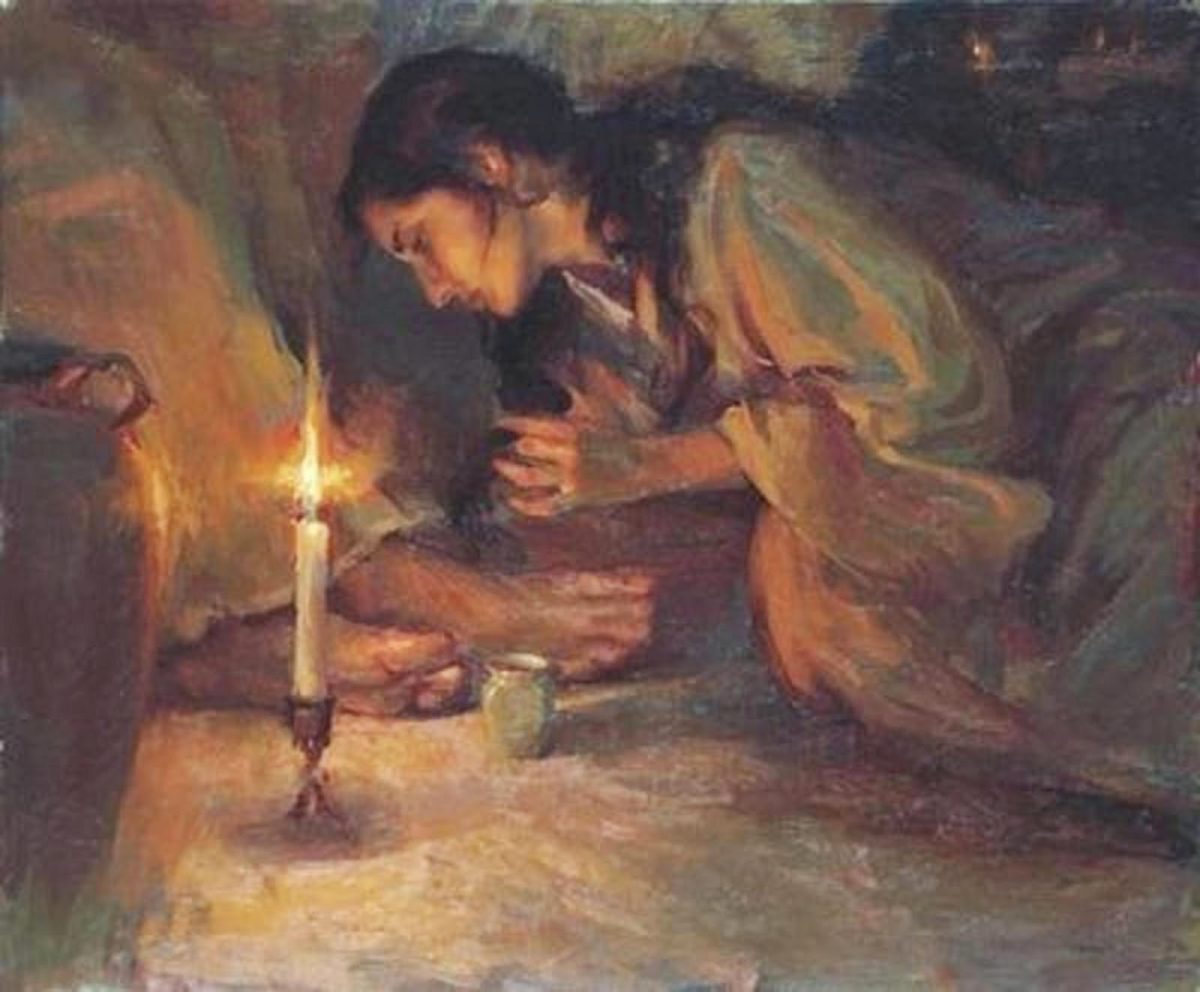
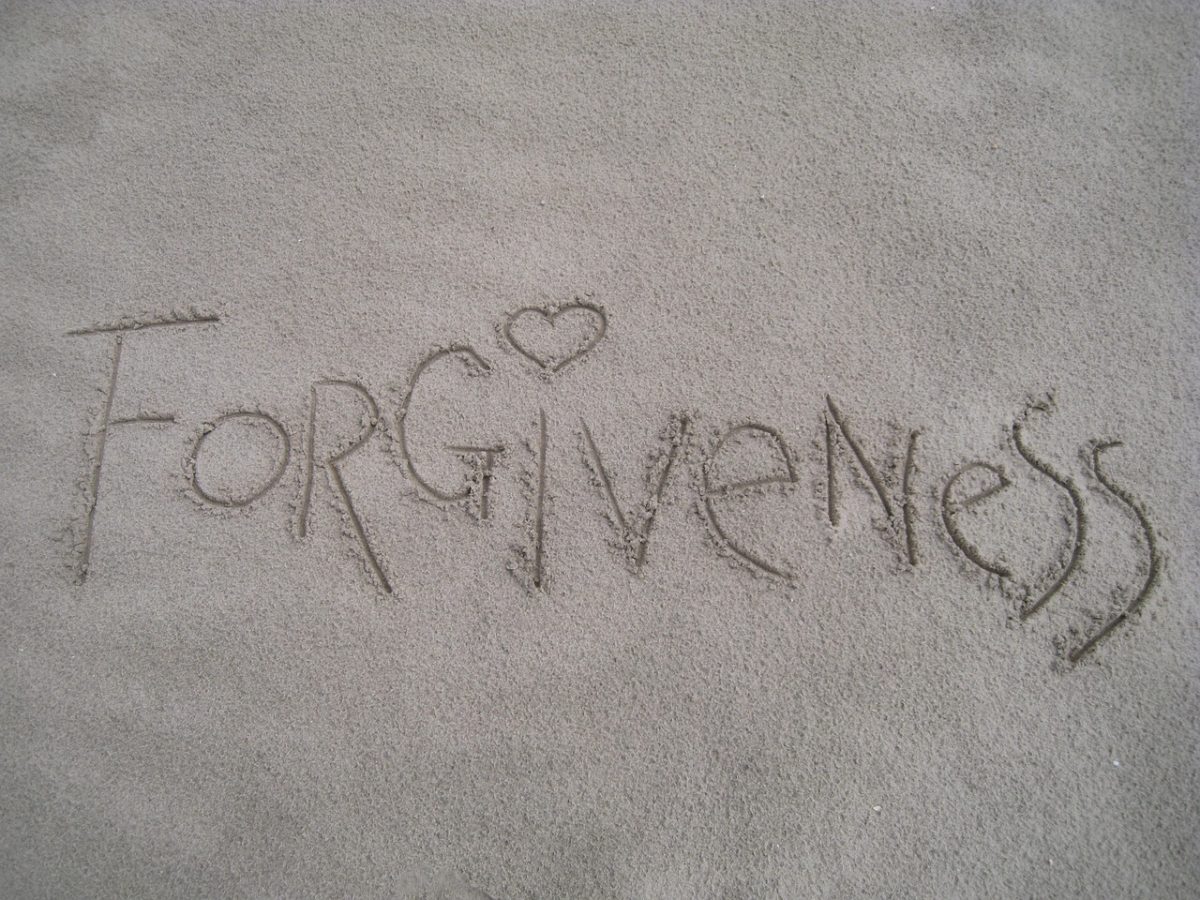
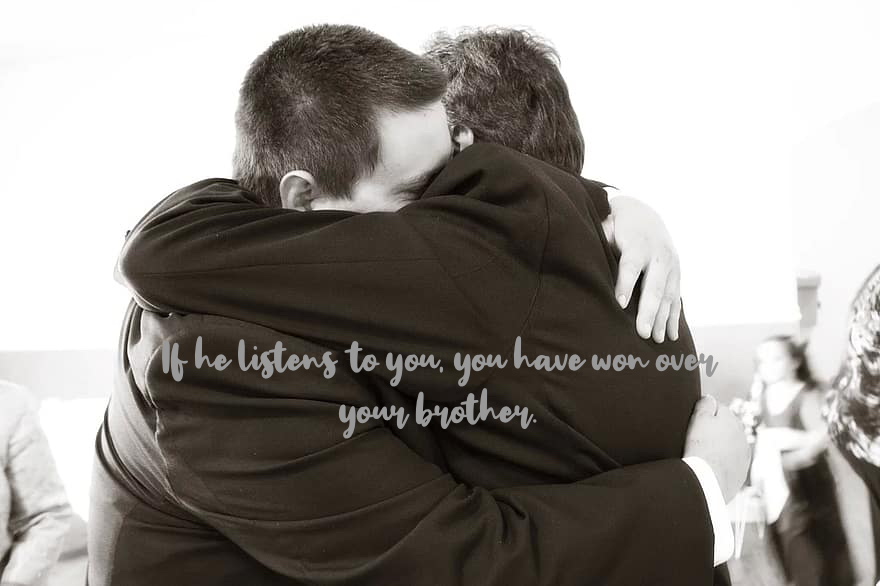
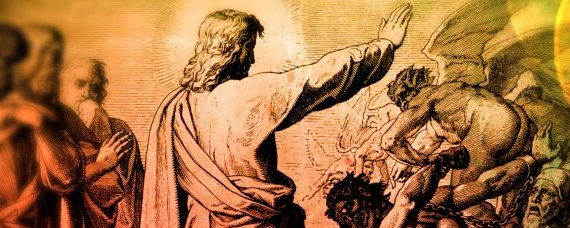
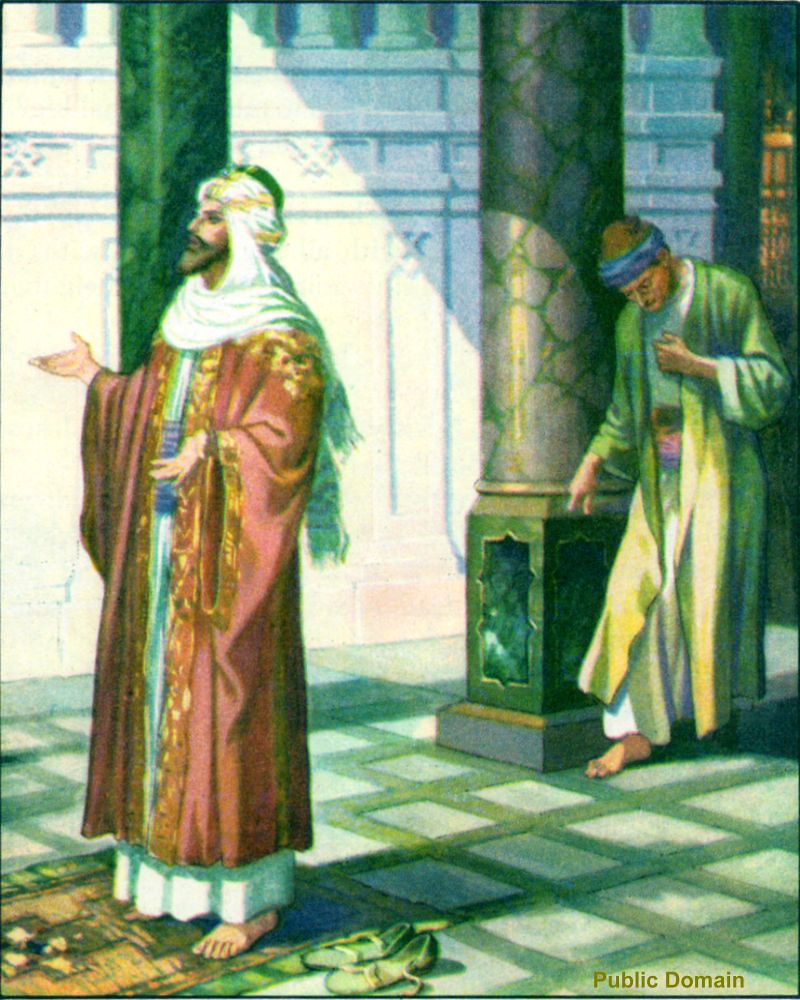
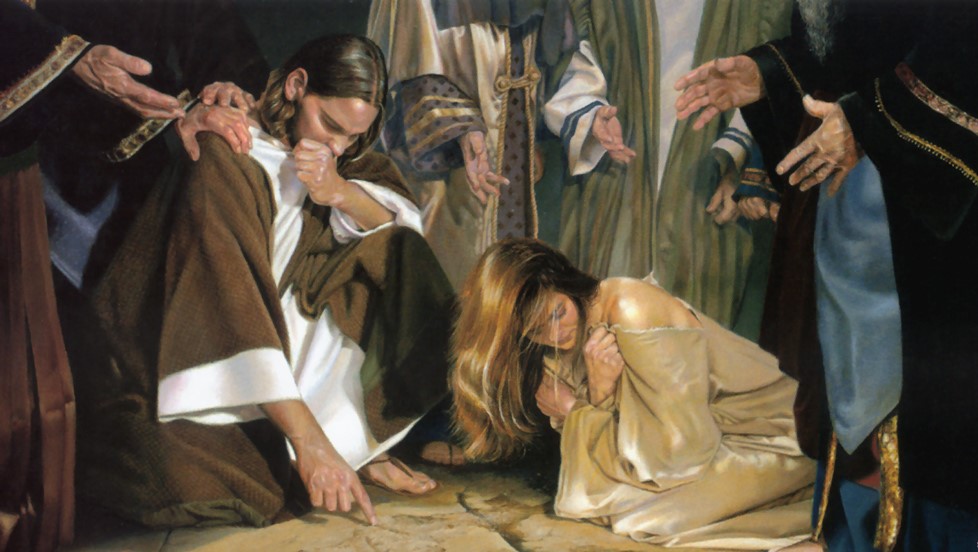
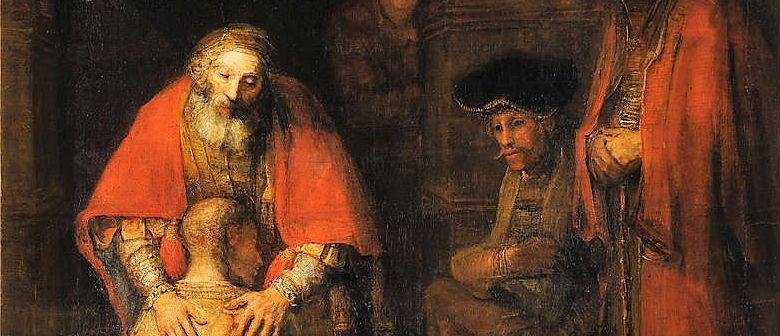
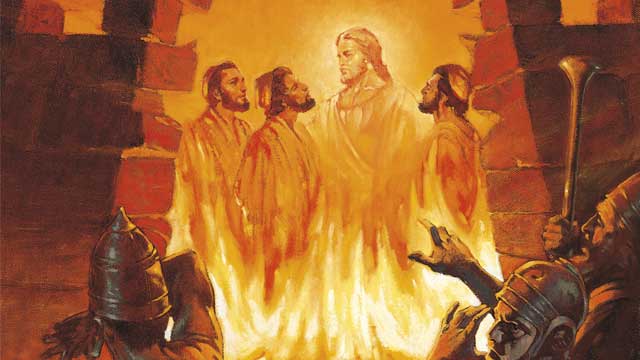
You must be logged in to post a comment.